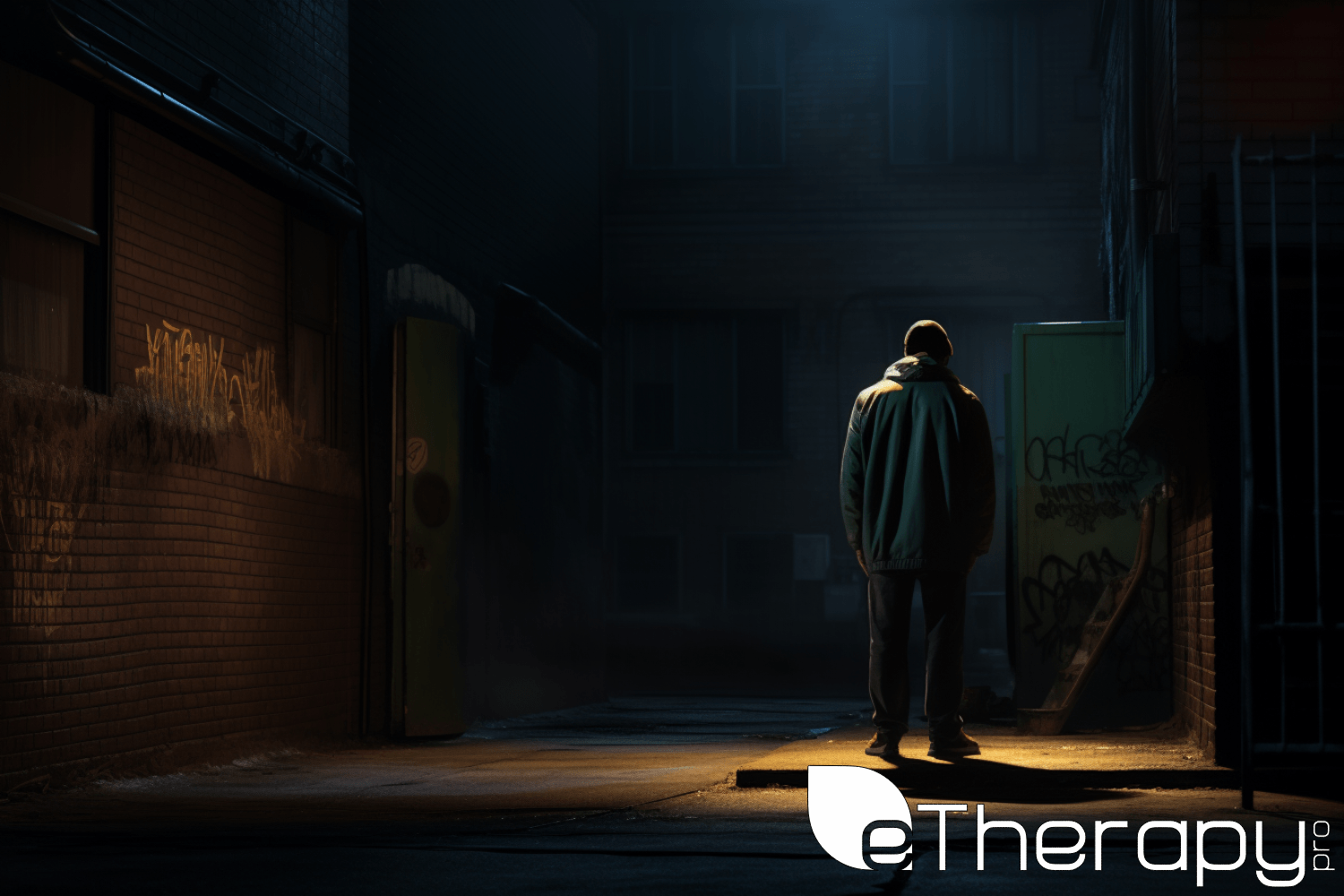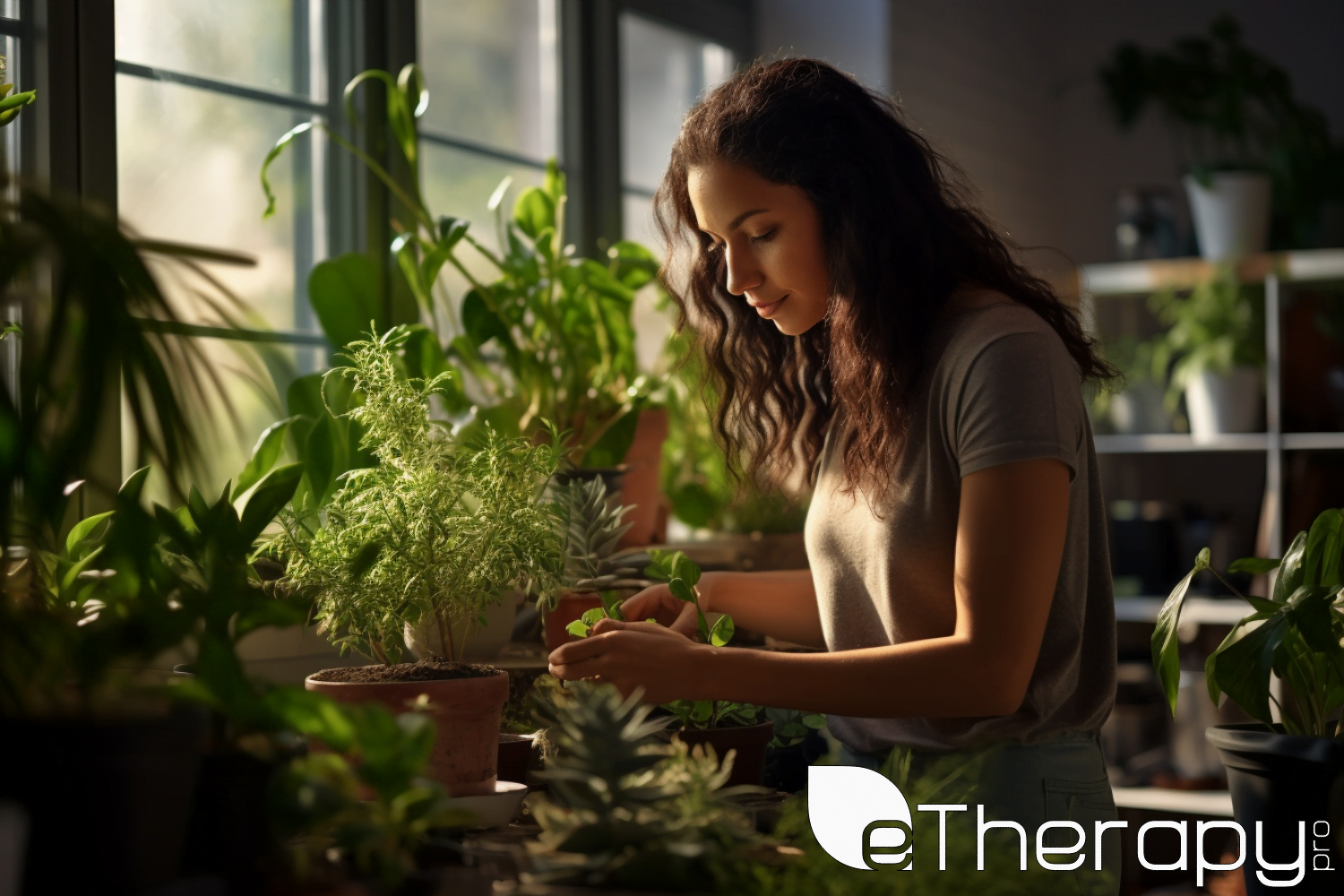 In today’s fast-paced society, a growing number of individuals seek refuge in substances, hoping for an escape or momentary relief from life’s pressures. Yet, behind every bottle, pill, or smoke is a deeper narrative waiting to be unraveled. What prompts us to cross the line from casual use to dependence? And how can we best understand the triggers to tackle them head-on?
In today’s fast-paced society, a growing number of individuals seek refuge in substances, hoping for an escape or momentary relief from life’s pressures. Yet, behind every bottle, pill, or smoke is a deeper narrative waiting to be unraveled. What prompts us to cross the line from casual use to dependence? And how can we best understand the triggers to tackle them head-on?
Every form of addiction is bad, no matter whether the narcotic be alcohol or morphine or idealism. – Carl Jung
This article aims to explore the heart of the matter: why do we become reliant on substances, and how can we navigate the path to recovery? Join us on this enlightening journey, as we delve deeper into the world of substance dependence, its causes, and the steps we can take to reclaim our lives.
Peeling Back the Layers: Causes of Substance Dependence
Unraveling the reasons behind substance dependence is like peeling an onion. Every layer you uncover reveals something deeper, more intrinsic. Let’s embark on this intricate exploration to understand the varying causes behind the compulsion to rely on substances.
Is It in Our Genes?
If you’ve ever heard someone blame their fondness for a drink on their “Irish genes” or their insatiable sweet tooth on their “family heritage,” you might wonder, is there any truth to such claims? Scientifically speaking, certain genetic factors can make some individuals more susceptible to addiction than others. While genes alone don’t dictate your destiny, they can play a role, making some of us more vulnerable to the lures of substances when exposed to them.
The Shadows of the Past: Trauma’s Role
Tragic events of the past can cast long, pervasive shadows on the soul. Traumatic experiences, whether they’re sudden and shocking or prolonged and persistent, can lead many to seek solace in substances. It becomes a coping mechanism, a way to numb the pain or silence the haunting memories. For some, this occasional escape turns into a regular refuge, leading to dependence. Understanding this link between past trauma and substance reliance is pivotal for healing and recovery.
Mind Matters: Psychological Triggers
We’re all unique in how we think, feel, and react. Some personality traits and psychological factors can act as catalysts, pushing individuals towards substances. People with high levels of anxiety, depression, or those who struggle with impulse control might find temporary relief in drugs or alcohol. For them, it’s more than just the high; it’s a break from the relentless churn of their own thoughts. Recognizing these mental triggers is the first step in addressing the root of the problem, rather than just the symptoms.
Diving into these layers, one can see that substance dependence isn’t a one-size-fits-all issue. It’s multifaceted, influenced by a tapestry of genetic, traumatic, and psychological factors. The good news? By understanding these causes, we’re better equipped to address them and seek effective treatments.
Unmasking Addiction: Myths vs. Reality
Navigating the waters of addiction can be tricky, particularly when myths cloud our understanding. Let’s clear the air, shedding light on some common misconceptions while illuminating the true nature of addiction.
Addiction vs. Abuse:
Ever heard someone casually claim they’re “addicted” to their favorite snack or TV show? Such offhand remarks blur the lines between genuine addiction and mere fondness. It’s essential to differentiate between substance abuse and addiction. Substance abuse refers to the excessive or harmful use of drugs or alcohol, often leading to negative consequences in one’s personal and professional life. Addiction, on the other hand, is a chronic disease. It’s characterized by drug seeking and use that is compulsive and difficult to control, despite harmful consequences. Think of abuse as the act, and addiction as the uncontrollable urge driving that act.
Recognizing the Signs:
Understanding addiction’s telltale signs is key to offering help when it’s most needed. Some evident indicators include:
- An increased tolerance, requiring more of the substance to achieve the desired effect.
- Withdrawal symptoms when not using the substance.
- Neglecting responsibilities and hobbies.
- Continued use despite knowing the harm it’s causing.
It’s important to note that these signs are not a checklist; the presence of even one can indicate a problem.
In dispelling myths and highlighting realities, we arm ourselves with the knowledge to confront addiction head-on, offering support and understanding to those grappling with it. Armed with clarity, we’re better equipped to extend a helping hand.
Path to Recovery: Proven Therapeutic Approaches
Recovery is a journey, and like all journeys, having a roadmap makes a world of difference. Exploring effective treatments, backed by research and testimonies, can be that guiding compass for many in their fight against substance dependence.
What the Data Says:
Recent studies have made significant strides in understanding addiction and its treatments. According to comprehensive analyses, Cognitive Behavioral Therapy (CBT) stands out as an especially effective strategy for many individuals. This approach involves identifying negative thought patterns that contribute to addiction and working to change them. Moreover, support groups and personalized therapy sessions, like those offered by platforms such as eTherapyPro, have shown considerable success rates in aiding recovery.
Prioritizing Mental Wellness:
Beyond treatments, mental and emotional well-being is paramount in this healing journey. Substance dependence often intertwines with feelings of depression, anxiety, or low self-esteem. Thus, nurturing one’s mental health—through practices like mindfulness, meditation, or even regular counseling—can be instrumental in battling dependence. By putting mental wellness at the forefront, individuals can strengthen their inner resilience and reduce relapse chances.
Conclusion:
Substance dependence is not a solitary chapter in one’s life story but rather a web of interwoven narratives, composed of genetics, past traumas, and mental triggers. Throughout this exploration, we’ve learned that each person’s path into and out of dependence is deeply personal and multifaceted. The journey is seldom linear and is marked by its complexities and challenges.
Community, friends, and family play pivotal roles in the recovery process. Their unwavering support can be the guiding light for many.
Alone we can do so little; together we can do so much. – Helen Keller
It is vital for all of us to remember that, while encouragement is beneficial, real recovery is rooted in the individual’s resolute commitment to change. You can’t force someone into therapy or coerce them into sobriety. True healing begins when the individual embraces it wholeheartedly, driven by an intrinsic desire to rebuild and recover.
As we reflect on the depths of substance dependence, let’s foster a society that approaches this challenge with compassion, patience, and an unyielding belief in the power of resilience and self-determination. In the grand tapestry of life, understanding and support can be the threads that mend the fabric, guiding us back to wholeness.
 In our
In our